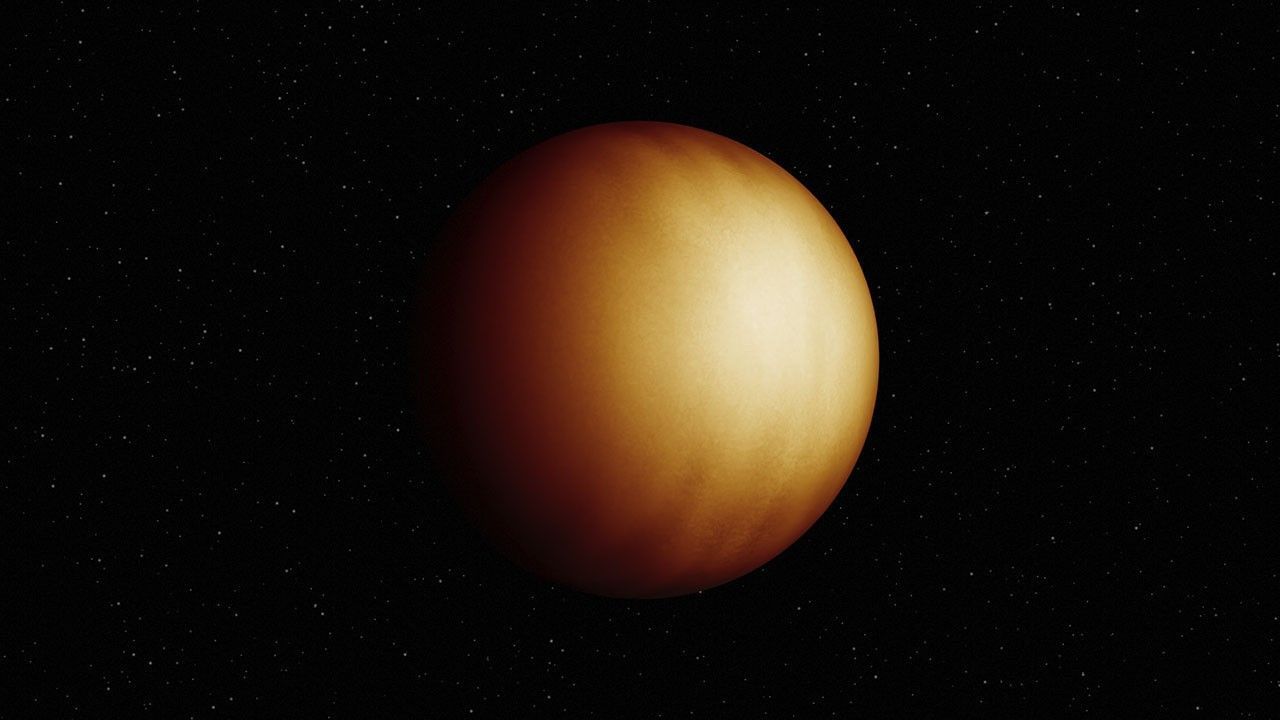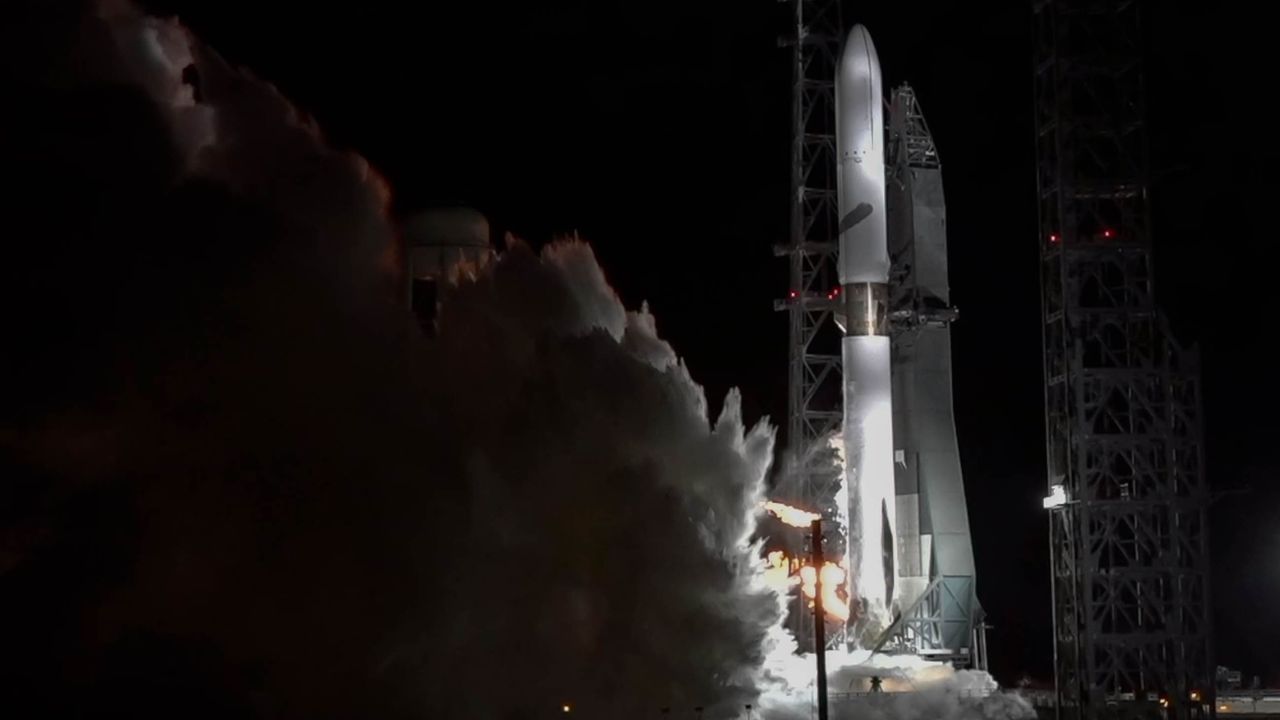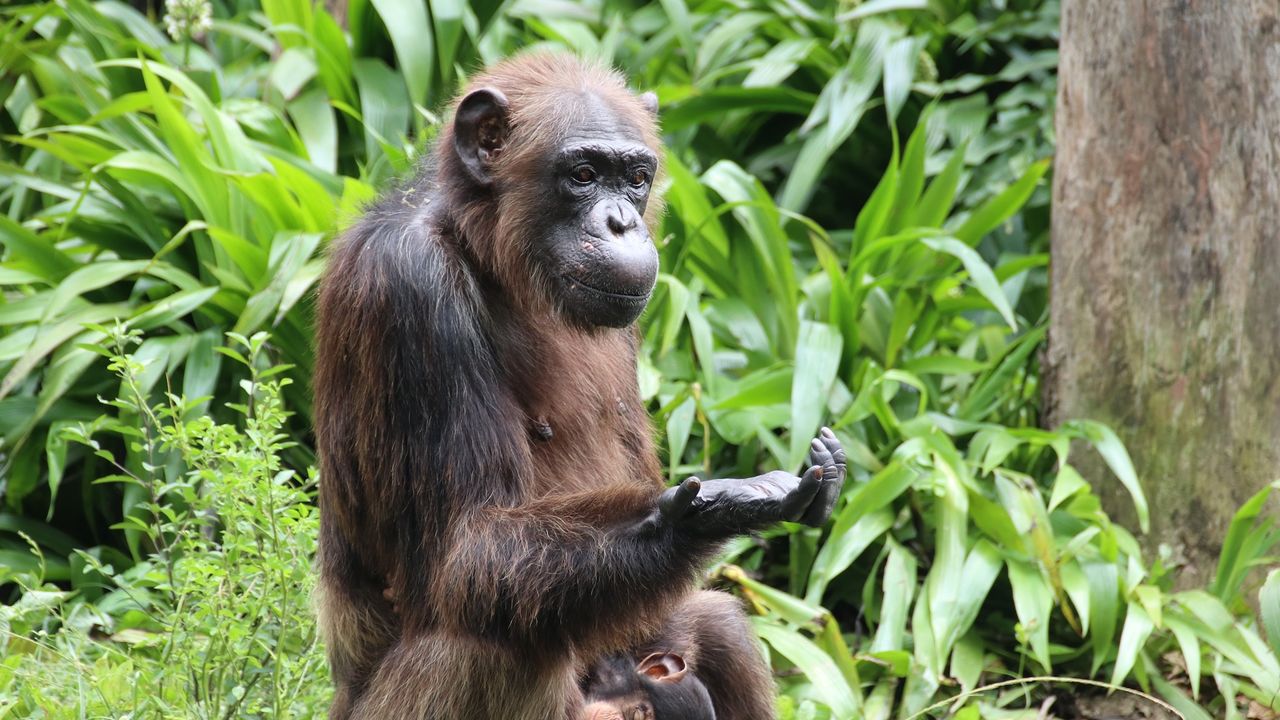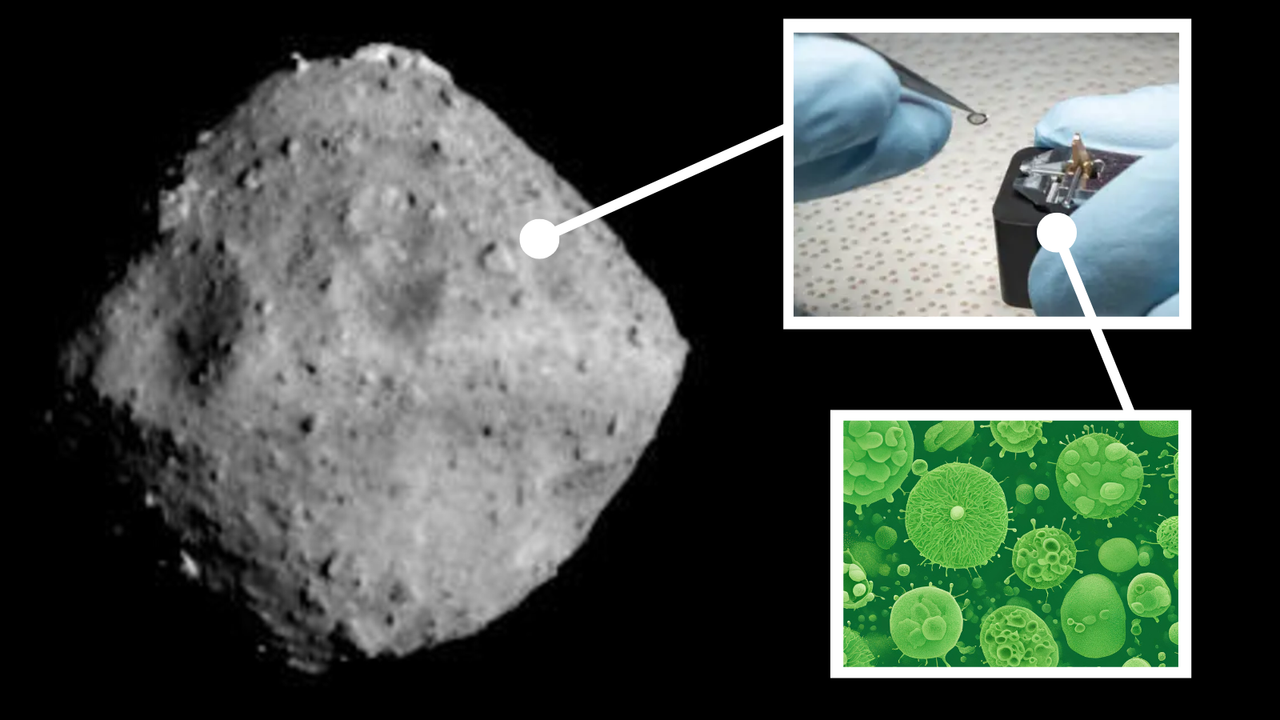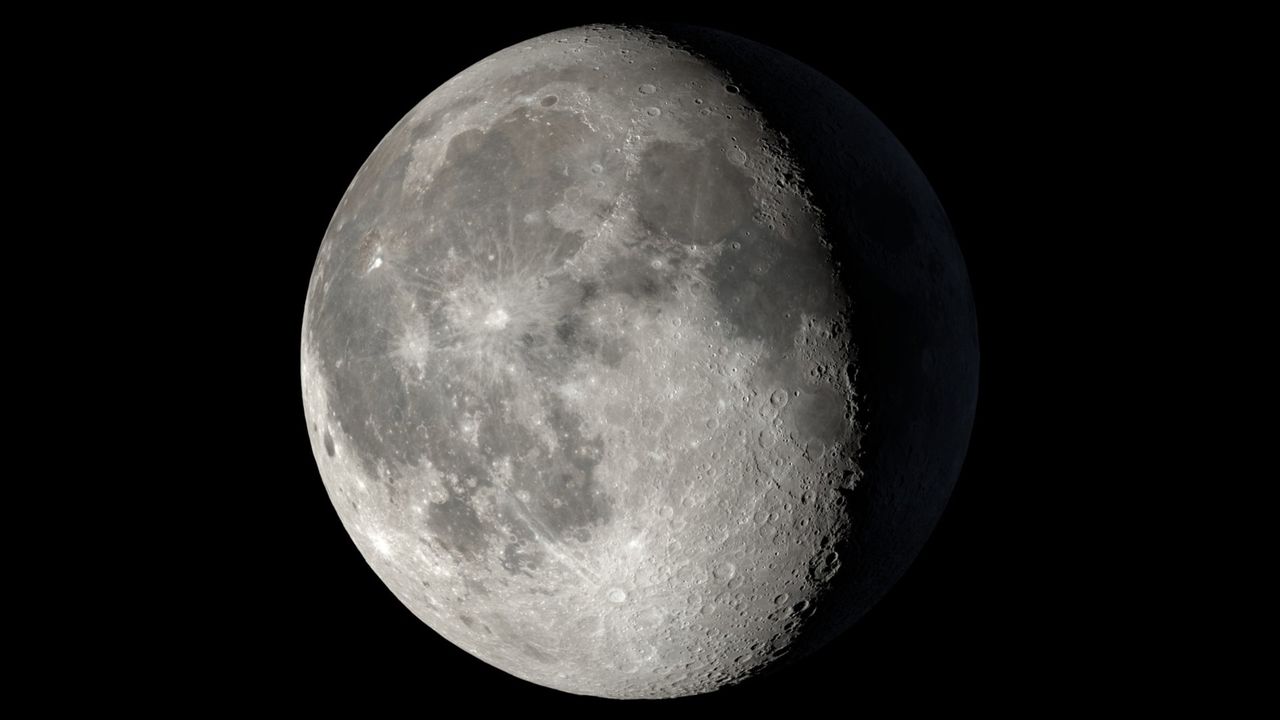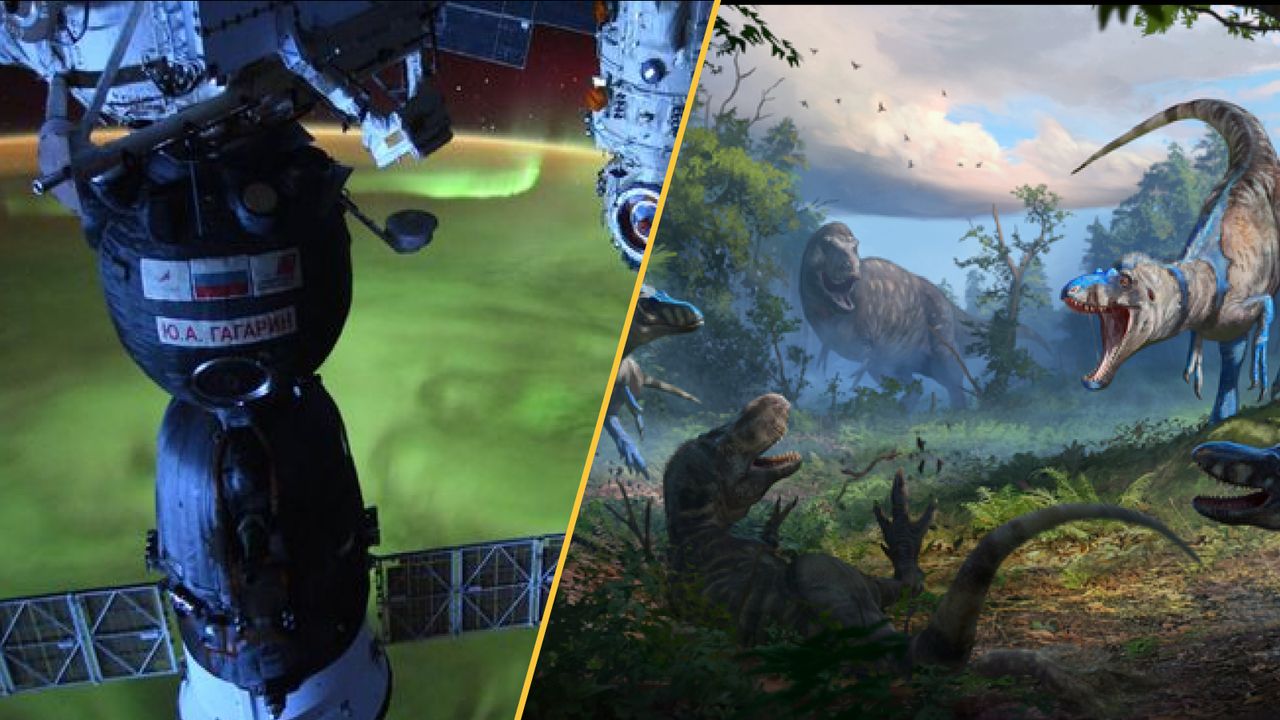1st samples ever collected from the moon's far side could help reveal where Earth got its water
PositiveScience
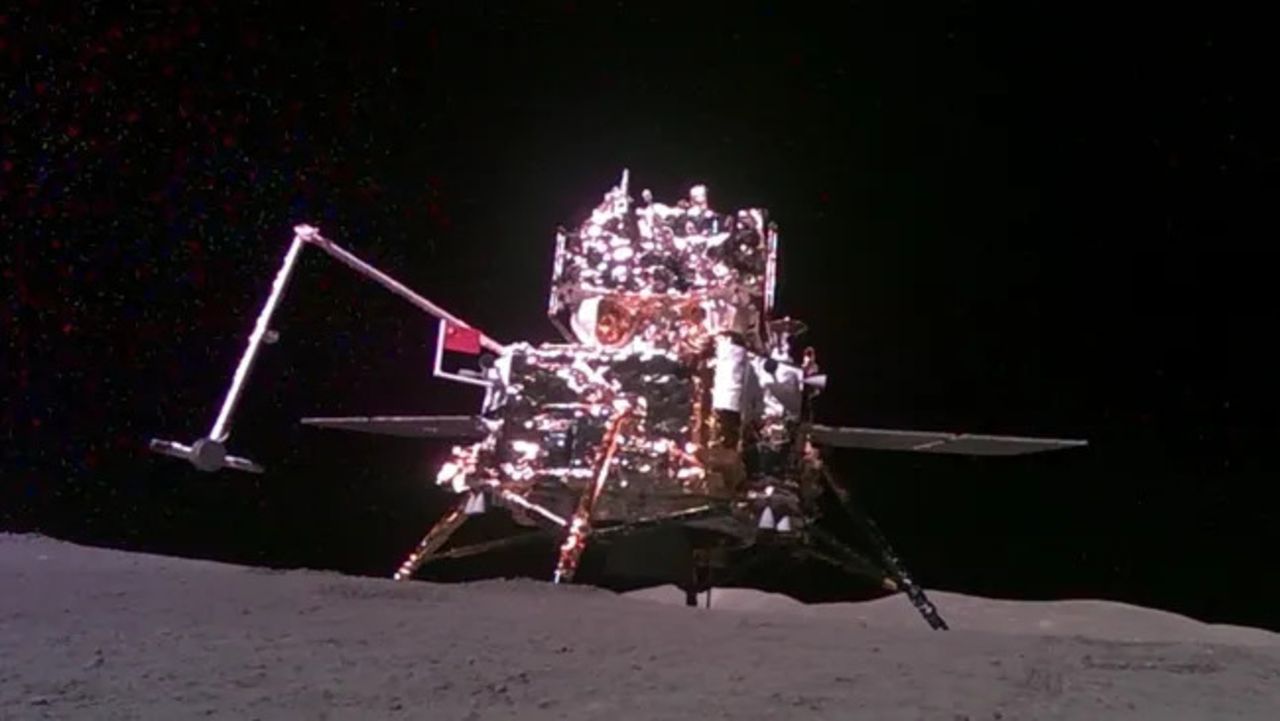
The recent collection of samples from the moon's far side by China's Chang'e 6 mission marks a significant milestone in lunar exploration. These samples include fragments of CI chondrite meteorites, which are known for their high water content. This discovery could provide crucial insights into the origins of water on Earth, enhancing our understanding of planetary formation and the potential for life beyond our planet.
— Curated by the World Pulse Now AI Editorial System

